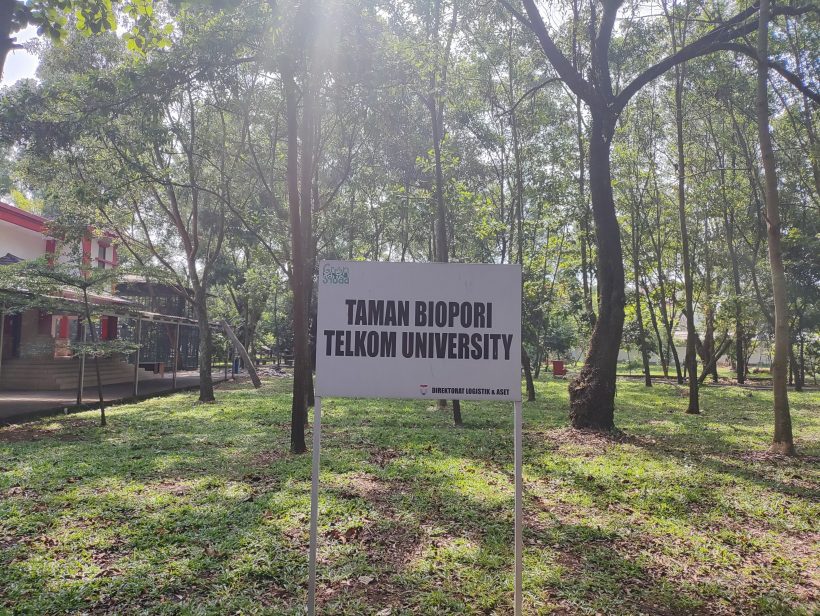What is a Biopore Park?
A biopore park is a green area equipped with small vertical holes known as biopore holes. These holes have a diameter of around 10-30 cm and a depth of 80-100 cm, designed to accelerate the process of water absorption into the soil. Generally, these holes are filled with organic waste, which will decompose into natural compost. Thus, this park not only functions to manage rainwater but also supports the processing of organic waste in the campus environment.
Functions and Benefits of Biopore Parks
Biopore parks have many important functions that support the creation of a greener and more sustainable campus environment. Here are some significant benefits of biopores:
- Increase Groundwater Absorption: Biopore parks help reduce waterlogging and flooding by accelerating the absorption of rainwater into the soil, thereby returning water to the natural hydrological cycle.
- Reduce Soil Erosion: By increasing the soil’s ability to retain water, biopore parks prevent erosion, maintain soil layer stability, and prevent soil surface erosion.
- Increasing Soil Fertility: The process of decomposing organic waste in biopore holes produces compost that enriches the nutrient content in the soil, supporting the growth of plants and trees.
- Reducing Carbon Footprint: By supporting natural decomposition and management of organic waste, biopore gardens play a role in reducing greenhouse gas emissions from waste disposed of in landfills.
Implementation at Telkom University
Telkom University has implemented biopore gardens in several campus areas, especially in green open spaces. This project aims to improve aesthetics as well as being part of a better environmental management strategy. The existence of biopore gardens allows for more effective absorption of rainwater, prevents waterlogging in critical areas, and creates a more comfortable campus environment.
By continuing to expand the Green Campus area and integrating green technologies such as biopore gardens, Telkom University is getting closer to its goal of becoming a completely environmentally friendly campus. This initiative shows that small changes, such as creating biopore gardens, can have a big impact on the environment and the well-being of all campus residents.
Conclusion
Overall, biopores are an environmentally friendly technology that is effective in managing rainwater and organic waste. By understanding what biopores are, their benefits for the environment, and how to apply them, we can contribute to creating a better and more sustainable environment.


Leave a Reply